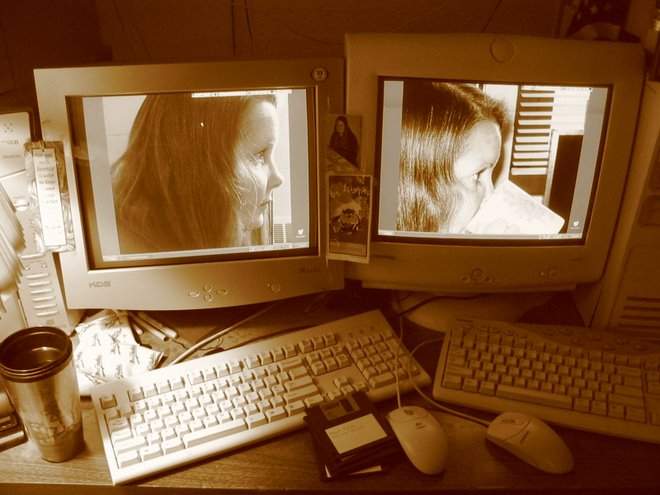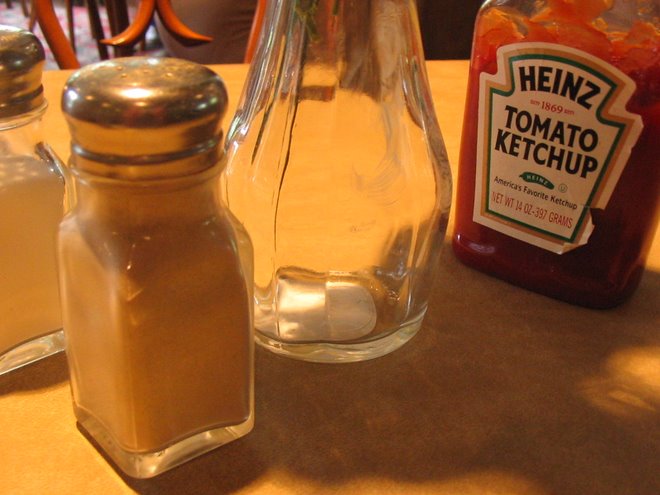An Autobiography or The Story of my Experiments with Truth
Comparative Study of Religions
by Mohandas K. Gandhi
The Gospels.....and the other books made a deep impression on me.
I began to realize more and more the infinite possibilities of universal love.
About the same time I came in contact with another Christian family.
At their suggestion I attended the Wesleyan church every Sunday.
For these days I also had their standing invitation to dinner.
The church did not make a favourable impression on me.
The sermons seemed to be uninspiring.
The congregation did not strike me as being particularly religious.
They were not an assembly of devout souls;
they appeared rather to be worldly-minded people,
going to church for recreation and in conformity to custom.
Here, at times, I would involuntarily doze. I was ashamed,
but some of my neighbours, who were in no better case,
lightened the shame.
I could not go on long like this,
and soon gave up attending the service.
My connection with the family I used to visit every Sunday was abruptly broken.
In fact it may be said that I was warned to visit it no more.
It happened thus. My hostess was a good and simple woman,
but somewhat narrow-minded.
We always discussed religious subjects.
I was then re-reading Arnold's Light of Asia.
Once we began to compare the life of Jesus with that of Buddha.
'Look at Gautama's compassion!' said I.
'It was not confined to mankind, it was extended to all living beings.
Does not one's heart overflow with love to think of
the lamb joyously perched on his shoulders?
One fails to notice this love for all living beings in the life of Jesus.'
The comparison pained the good lady.
I could understand her feelings.
I cut the matter short, and we went to the dining room.
Her son, a cherub aged scarcely five, was also with us.
I am happiest when in the midst of children,
and this youngster and I had long been friends.
I spoke derisively of the piece of meat on his plate
and in high praise of the apple on mine.
The innocent boy was carried away
and joined in my praise of the fruit.
But the mother? she was dismayed. I was warned.
I checked myself and changed the subject.
The following week I visited the family as usual,
but not without trepidation.
I did not see that I should stop going there,
I did not think it proper either.
But the good lady made my way easy.
'Mr. Gandhi,' she said, 'please don't take it ill if I feel obliged
to tell you that my boy is none the better for your company.
Every day he hesitates to eat meat and asks for fruit,
reminding me of your argument.
This is too much. If he gives up meat,
he is bound to get weak, if not ill.
How could I bear it?
Your discussion
should henceforth be only with us elders.
They are sure to react badly on children.'
'Mrs---,' I replied, 'I am sorry.
I can understand your feelings as a parent,
for I too have children.
We can very easily end this unpleasant state of things.
What I eat and omit to eat is bound to
have a greater effect on the child than what I say.
The best way, therefore, is for me to stop these visits.
That certainly need not affect our friendship.'
'I thank you,' she said with evident relief.
-Mohandas Gandhi











